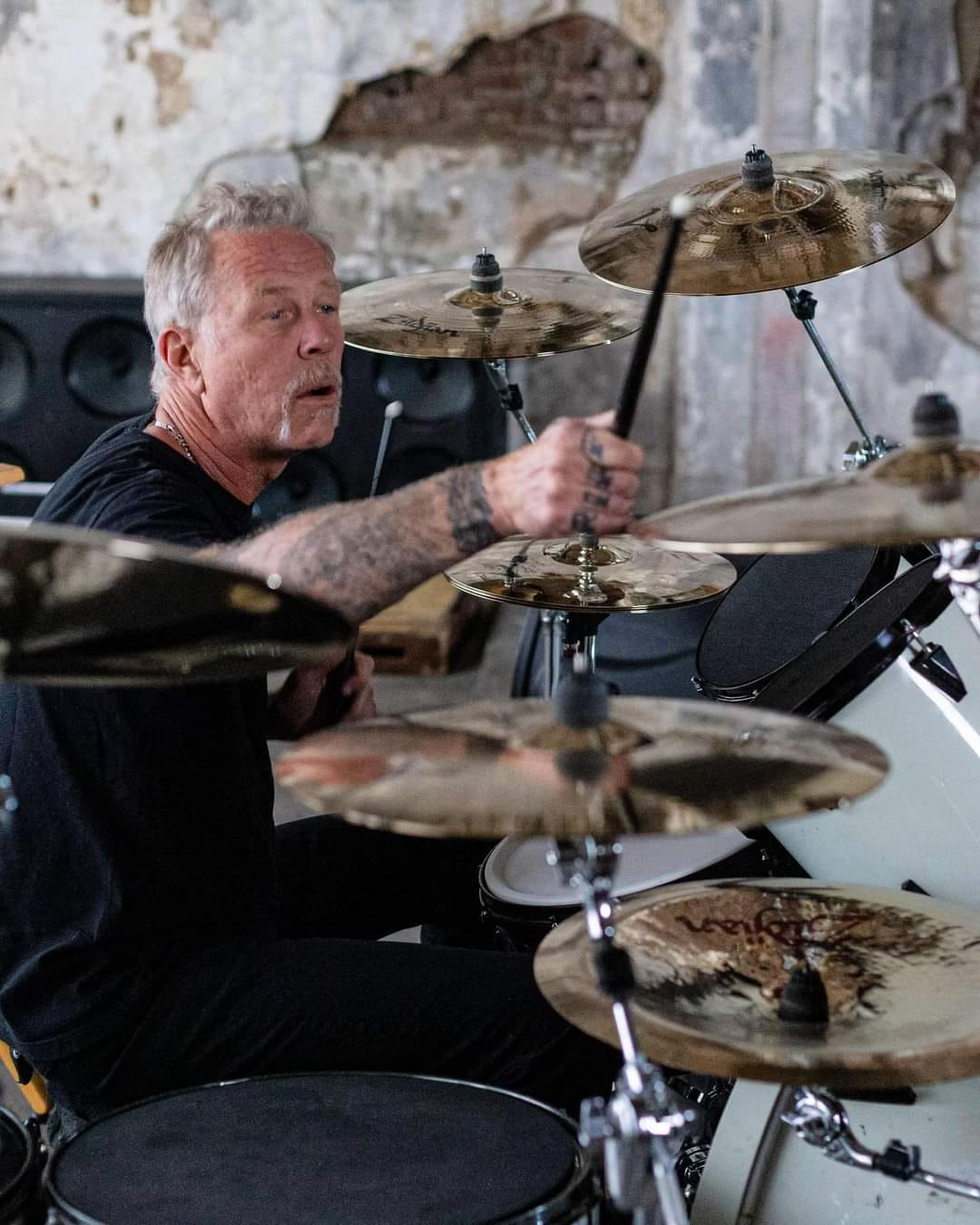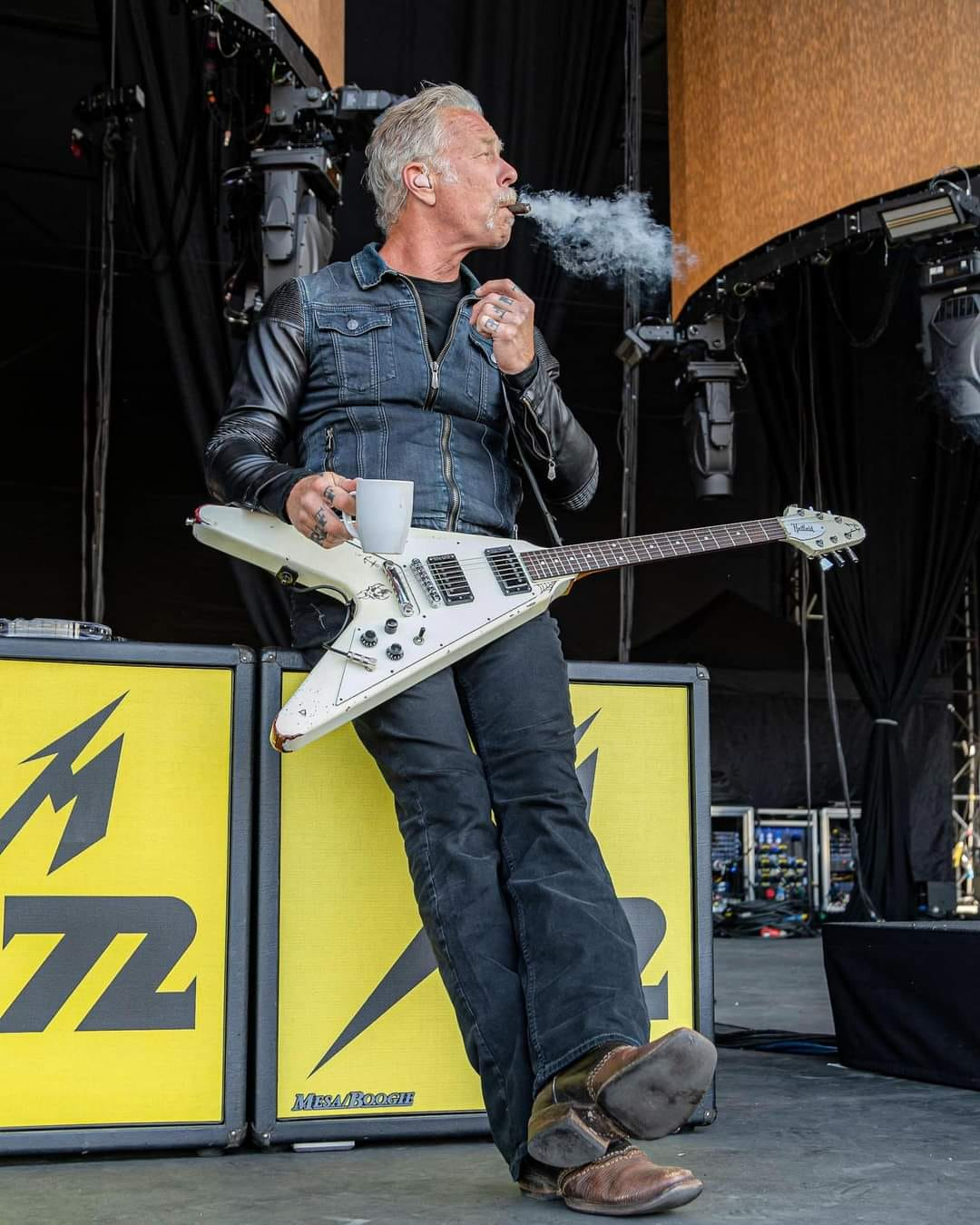James Hetfield, the iconic frontman of Metallica, renowned for his vocal prowess, has a deep-rooted passion for playing the guitar. Despite primarily handling rhythm duties in Metallica, leaving the more technically intricate aspects to Kirk Hammett, Hetfield’s journey as a musician began with the piano at the age of nine. However, after five years, he made the pivotal switch to the guitar, a decision that would shape his destiny.


Inspired initially by bands like Aerosmith, Hetfield’s musical trajectory took a significant turn when he discovered the thunderous sound of Black Sabbath, ultimately influencing the birth of Metallica. It was Hetfield’s older brother who introduced him to the groundbreaking British group, expanding his sonic palette and exposing him to previously unimaginable sounds. Reflecting on the experience, Hetfield stated during Black Sabbath’s induction into the Rock and Roll Hall of Fame in 2006, “This was more than just music. (It was) a powerful, loud, heavy sound that moved his soul.”

In a 2015 interview with Guitar World, Hetfield shared his profound admiration for Tony Iommi, Black Sabbath’s guitarist, declaring him his favorite guitarist of all time. “As far as being a riff-and-rhythm guy, my favorite guitarist is Tony Iommi. He inspired me to want to play heavy,” Hetfield expressed.

While acknowledging other accomplished rhythm players like AC/DC’s Malcolm Young, the Scorpions’ Rudy Schenker, and Rush’s Alex Lifeson, Hetfield emphasized that Iommi stands in a league of his own. “But Iommi is the main man. To me, he seemed like one of those quiet geniuses. At one time, he was the frontman of Black Sabbath, and Ozzy was off to one side; at that time, the riff was more important than the vocals. Tony can go from the heaviest minor-key doom riff to a happy mode, and it will still sound heavy. Metallica can’t do happy, but Tony can pull it off.”

Recognizing Iommi’s pivotal role in Black Sabbath and his influence on the heavy rock genre, Hetfield acknowledges the debt owed to these musical forefathers, who paved the way for Metallica’s successful career.